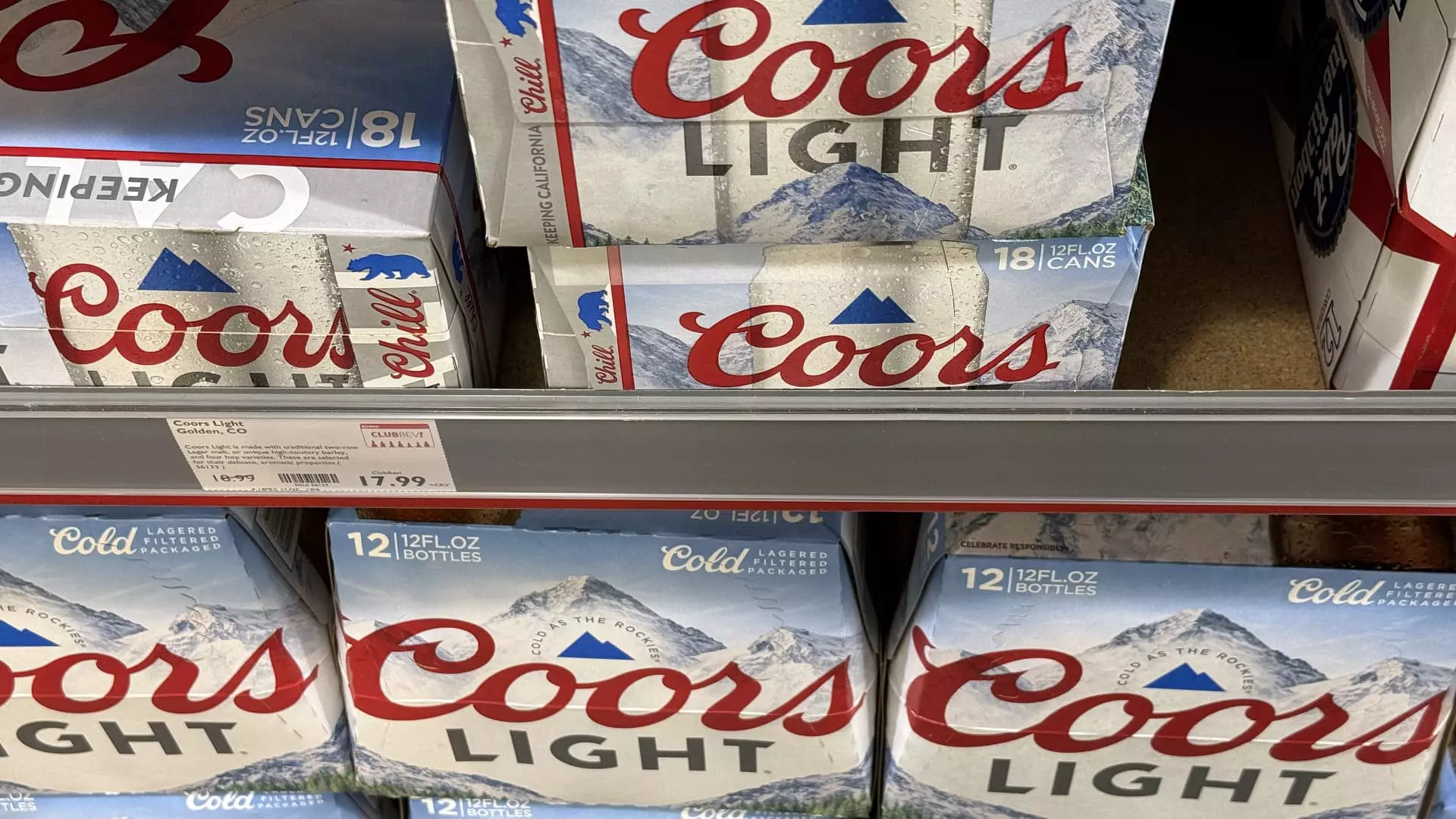Molson Coors, a well-known brewing company, has made significant changes to its diversity, equity, and inclusion policies by eliminating supplier diversity quotas. The company stated in an internal memo that these quotas can be complicated and influenced by factors beyond their control. Instead, Molson Coors will focus on ensuring its suppliers represent the diverse consumer base of the company. Additionally, the company announced that executive incentives will no longer include aspirational representation goals, tying them solely to business performance. This shift signifies a departure from their previous DEI-based training programs, now focusing on key business objectives.
In rebranding their Employee Resource Groups as Business Resource Groups, Molson Coors aims to maintain the function of these groups while adapting to a new approach. Furthermore, the company will no longer participate in voluntary third-party company rankings, including the Human Rights Campaign’s Corporate Equality Index. Despite previously scoring a perfect 100 points, Molson Coors will no longer seek external validation through such rankings. The company clarified that these changes will not affect employee benefits or its commitment to fostering an inclusive culture within the organization.
Charitable Giving Realignment
Molson Coors announced a shift in its corporate charitable giving programs to align with core business goals, such as alcohol responsibility, disaster relief efforts, and promoting access to higher education. Previously, the company raised over $700,000 for LGBTQ+-focused organizations through its “Tap Into Change” program. However, the company’s new focus will prioritize initiatives that directly support its business objectives.
Response to Criticism
Conservative activist Robby Starbuck raised concerns about Molson Coors’ motives, suggesting that the changes were in response to his investigation into the company’s DEI practices. However, the company refuted these claims in the memo, stating that the decision had been in the works since March. It appears that Molson Coors’ decision to reverse its diversity policies was not solely reactionary but part of a larger strategic shift in its operations.
Molson Coors’ decision to roll back its diversity initiatives follows a trend seen in other companies, such as Tractor Supply, Harley-Davidson, Lowe’s, and Ford, who have made similar moves in recent months. These shifts in DEI efforts within corporate America coincide with broader societal changes following events like the murder of George Floyd and the Black Lives Matter protests. The landscape of corporate diversity practices is evolving, with companies reevaluating their approaches in light of changing social and legal contexts.
Overall, Molson Coors’ decision to reverse its diversity policies reflects broader shifts in the corporate landscape regarding DEI practices. While the company maintains its commitment to inclusivity and diversity, the changes signal a strategic realignment of priorities towards business objectives. As the conversation around diversity continues to evolve, companies like Molson Coors will need to navigate changing expectations and societal pressures while upholding their core values.

